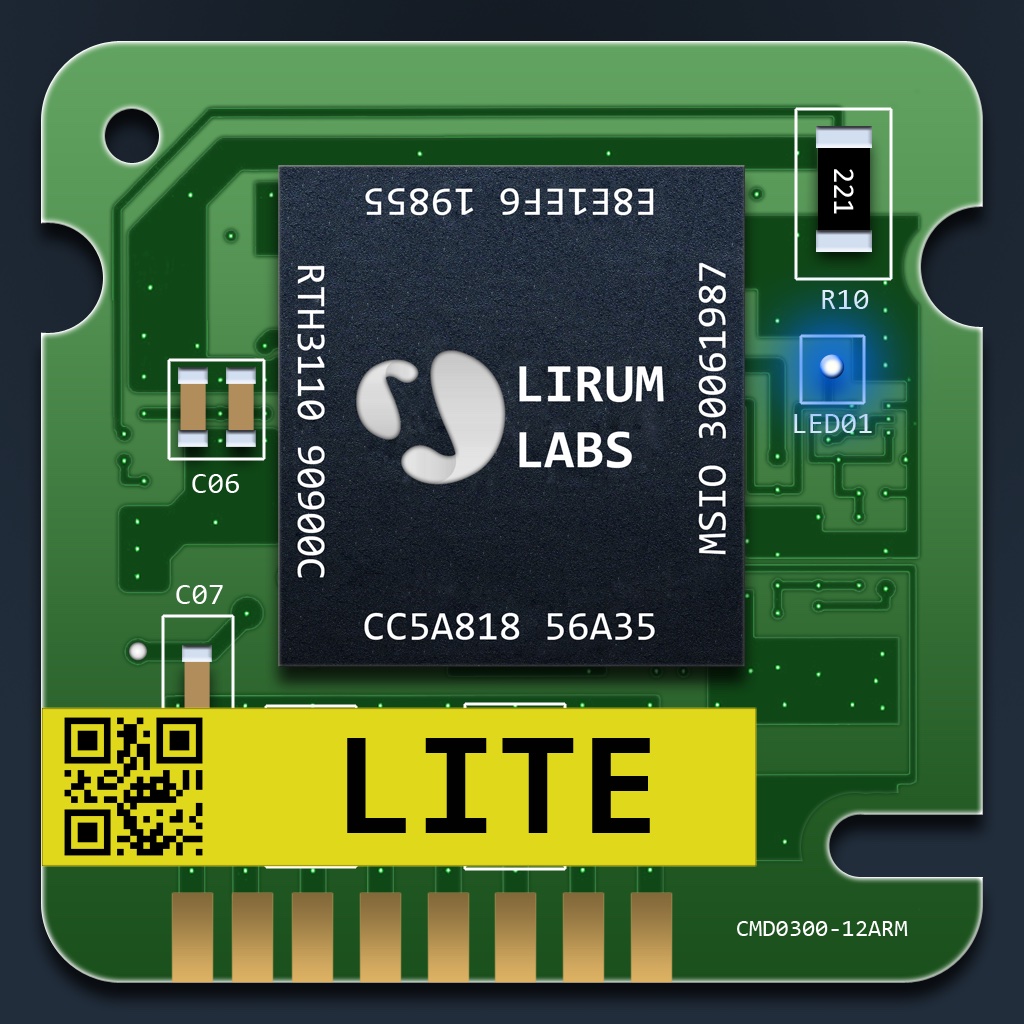
Update: You'll get more battery life with some iPhone 6s devices
Update: Since this article was published, it appears the free app Lirum Device Info Lite, along with its paid premium version, are no longer available on the App Store.
If you were wondering what the outcome would be of Apple having two different manufacturers produce the A9 microchip for the iPhone 6s and iPhone 6s Plus, early results are in. According to a couple of videos recently published to YouTube, the TSMC version of the A9 chip could have dramatically better battery life than Samsung’s model under heavy usage.
If you want to know which one you have, download the free app Lirum Device Info Lite. The TSMC chip is model N71MAP for the iPhone 6s, and N66MAP for the iPhone 6s Plus. Samsung’s model number is N71AP in the iPhone 6s, and N66AP in the iPhone 6s Plus.
Jonathan Morrison got his hands on phones with both chips, and put them to the test. He started both iPhone 6s models with 100 percent battery life, shot 4K video for 10 minutes, exported the clip in iMovie, and then rounded things off with a couple of benchmark tests. The iPhone 6s with the TSMC chip ended with 62 percent battery life remaining, while Samsung’s A9 drained the charge quicker. The model using Samsung’s chip finished with 55 percent of the battery remaining. Watch the video below, and click here if it fails to load.
Austin Evans ran his own tests on the iOS devices, coming up with similarly interesting results. He first ran the Geekbench 3 battery test with both screens set to the same brightness, looking to see which phone reached 50 percent battery life first. The TSMC model lasted 50 minutes longer than Samsung’s, and also ran cooler. Since Geekbench is pretty heavy on the processor, Evans’ next test was to play the same hour-long video on both devices, and the difference was only one percent. Check out Evans’ video below, but click this link if it doesn’t load.
The final outcome is pretty clear. If you’re someone who uses your iPhone heavily, running a lot of processor- or graphics-intensive apps like high-end games, you’re better off with the TSMC model. If you’re more of a normal user, though, you won’t see much difference between the two varieties of iPhone 6s and iPhone 6s Plus chips.


